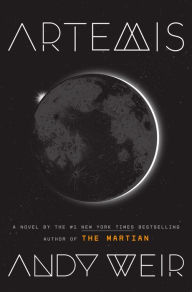**5 Goodreads Stars**
“But the past clings to the present. All those mistakes and humiliations following us as we march inevitably forward. There’s no ignoring them.”
If you had the chance to return to a place where your worst nightmares came true if it meant you might be able to face them, would you?
That’s the premise of Riley Sager’s The Last Time I Lied, the second of books published under Sager’s currently alias. I read Sager’s Final Girls last year and rated it 3/5 stars. My review can be found here. One of the reasons I rated Final Girls 3/5 stars was because I am not a huge fan of horror, and I think that’s what turned me off. Nonetheless, Sager is a fantastic writer, drawing you into the story with lush prose.
Emma is an up and coming artist who is struggling to paint, haunted by a dark past that is literally part of every single painting she has made. As a teenager, she was sent to an all-girls camp for rich kids called Camp Nightingale. There, three of her bunkmates disappeared in the middle of the night, never to be seen or found again. Emma was the last camper to see the three girls – Vivian, Natalie, and Allison– and has felt guilt over their disappearance ever since. The three girls are always the first things she paints, hidden behind the main subject but always lurking in the shadows.
Emma is asked to return to the camp for its reopening since the girls’ disappearance many, many years ago. Initially, she hesitates. However, Emma’s burning desire to find out what happened to her friends propels her to return to Camp Nightingale. Her return is met with suspicion, but she is there to discover something, anything, that will help her find closure and help solve the mystery of the missing girls.
This book has all the elements of an engaging mystery: an all-girls camp shrouded in mystery; love and tortured teenage romance; questionable camp staff who have suspicious backstories; and archaeological ruins that may hold the clue to the girls’ disappearance.
Things go awry the minute Emma goes to camp. She is terrorized by someone who claims to know what happened to the girls and who believes Emma is responsible for their disappearance. Does Emma hold the secret to finding the girls? Has she suppressed her memories of what took place that fateful night? Or is someone else concealing the truth?
I am so excited to see where Riley Sager’s writing takes us next. Sager is the master of suspense, building tension slowly and intentionally. Sager also makes you care deeply about all the characters, even when the book is told in the first person. Thank you to the author, the publisher, Random House/Penguin, and Edelweiss+ for an advanced reviewer copy of The Last Time I Lied.



